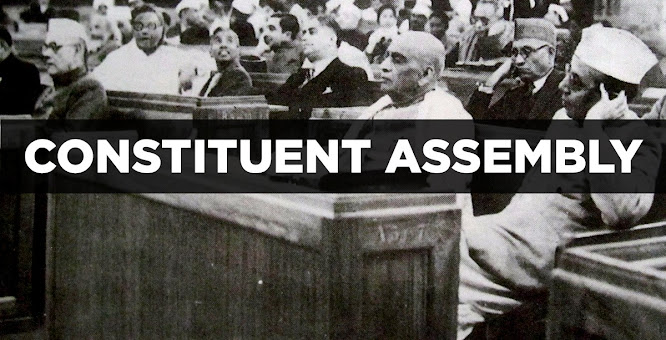♟️“Chess vs. Advocate” — Why Lawyers Are Secretly Grandmasters in Disguise
Imagine this: A packed courtroom. Silence hangs. The judge watches. The opposing counsel smirks.
And suddenly—“Objection, My Lord!”
Bang! That’s not just a courtroom move—that’s check on the legal chessboard.
Believe it or not, advocates and chess players have more in common than black robes and black squares. From courtrooms to chessboards, it’s all about strategy, timing, and thinking five steps ahead. Still don’t believe it? Let’s put the Queen’s Gambit and Supreme Court face to face.
🎯 1. Strategy Over Strength: The Gopal Subramanium Way
Top chess players and top lawyers don’t win by shouting—they win by thinking.
Take Gopal Subramanium, former Solicitor General of India. His courtroom arguments? Precise. Sharp. Elegant. Just like a well-planned Sicilian Defense.
He doesn't bombard the court with laws. He builds a position, like a chess grandmaster, and then—boom!—delivers the decisive point when the opponent least expects it.
Chess lesson: Plan quietly. Strike loudly.
🧠 2. Every Move Has a Consequence—Just Ask Harish Salve
When Harish Salve defended India in the Kulbhushan Jadhav case before the ICJ, it wasn’t about shouting louder. It was about timing, reading the opponent, and holding nerves.
Just like chess, legal advocacy is less about aggression and more about intelligent calculation.
You can’t argue everything at once—just like you can’t attack with all your pieces on move one.
Legal and chess strategy both begin with one question: “What happens next if I do this?”
⏱️ 3. Tick Tock, Counsel: Time Pressure Like a Blitz Game
Ever seen Kapil Sibal in a high-voltage hearing? He juggles statutes, judgments, and counter-arguments like a bullet chess player with 30 seconds on the clock.
And what about courtroom juniors in district courts? It’s like a 3-minute blitz game with the judge as the chess clock.
You’ve got to read fast. Think faster. Speak faster. Because just like chess… In law, if you take too long to move—you lose.
🎭 4. Predicting the Next Move — The Fali Nariman Masterclass
Fali Nariman once said, “The best legal minds are not just good speakers—they are good listeners.”
That’s straight out of a chess manual.
In court, you’re not just speaking—you’re reading the judge, watching the body language of the opposing counsel, and feeling the room like a grandmaster senses danger even in a quiet position.
You don’t wait to be surprised—you anticipate.
Just like a good chess player smells a trap two moves before it’s laid, a smart advocate prepares a backup argument before the judge raises a doubt.
🛡️ 5. Defending Like a Pro — When Lawyers Turn into Chess Knights
When Justice Rohinton Nariman argued constitutional cases as a senior advocate, it was like a perfect defensive chess setup. Calm. Solid. No unnecessary risk.
Whether you’re defending a Constitution Bench case or a bishop on h7, the idea is the same:
Hold your ground. Wait for the attack. Then flip the board.
Sometimes, the best win is not the flashy one—but the quiet defense that doesn’t break.
🎬 6. The Endgame: How Senior Counsels Deliver Checkmate
Ask any law intern: The most exciting moment is when a senior advocate ends with the knockout punch—a dramatic citation, a landmark case, or a quote from the Constitution that flips the entire narrative.
It’s like checkmate in a chess endgame.
You don’t need to move all your pieces—you need the right piece at the right time.
Like chess legend Viswanathan Anand once said: “You don't win games by memorizing moves; you win by understanding situations.”
Lawyers win arguments not by throwing all facts—but by timing the right point when the courtroom is silent.
🔚 Final Word: Why Every Legal Professional Should Play Chess
Law is not war. Law is not drama. Law is a game of intellect, just like chess.
Both demand:
- Calm under pressure
- Long-term vision
- Quiet confidence
- And the ability to bounce back from a bad position
So next time you enter the courtroom, don’t just carry your law books—carry your inner grandmaster too.
As the chessboard teaches and the courtroom confirms:
“Those who think ahead… win.”









I totally agree with your opinion, thanks for sharing.
ReplyDelete